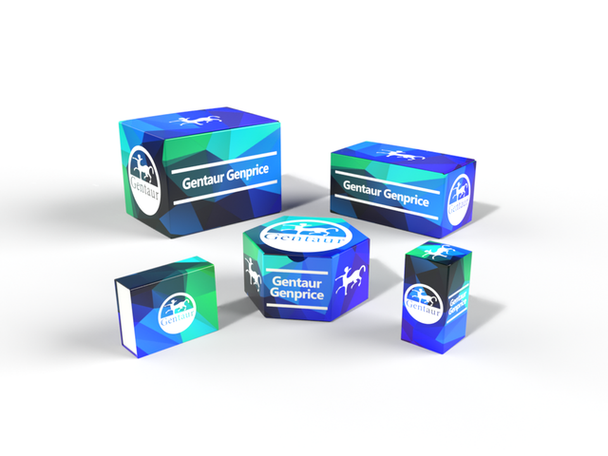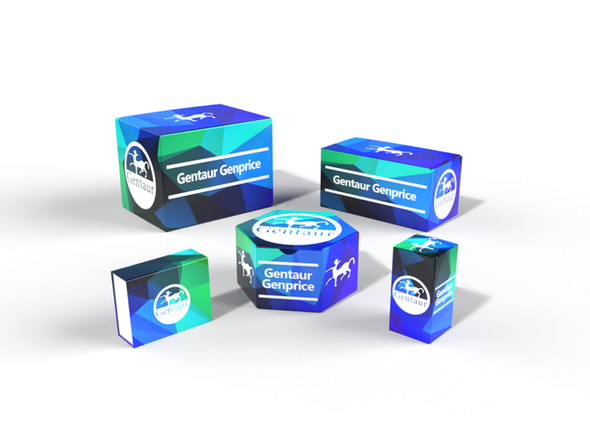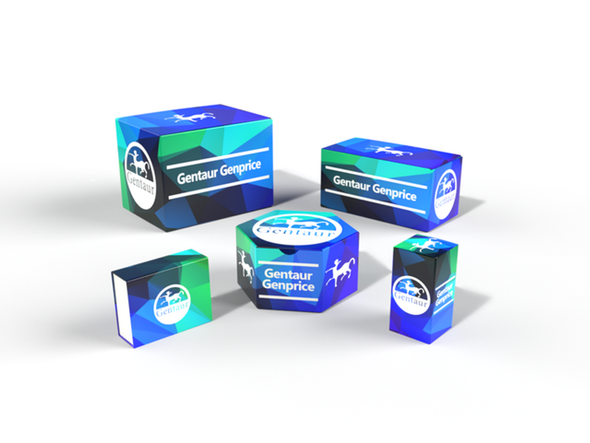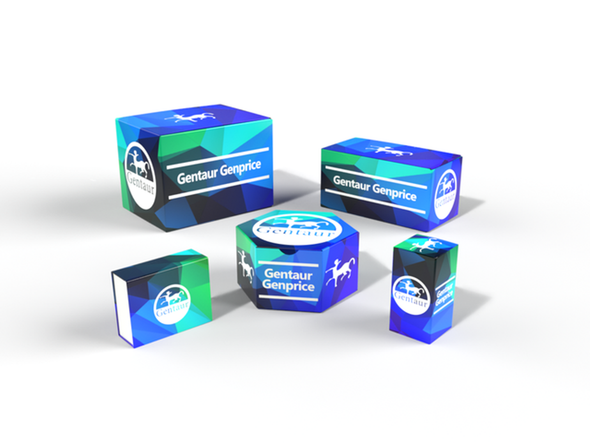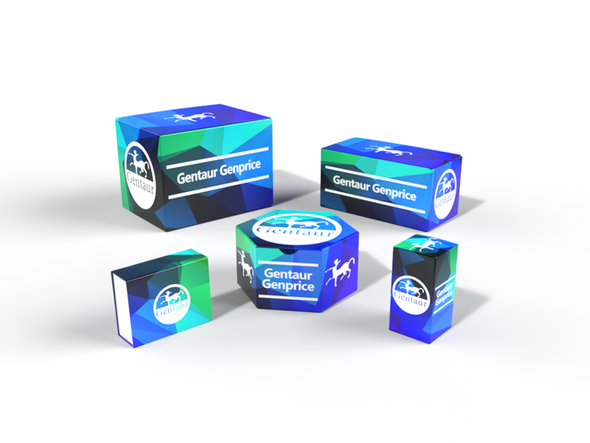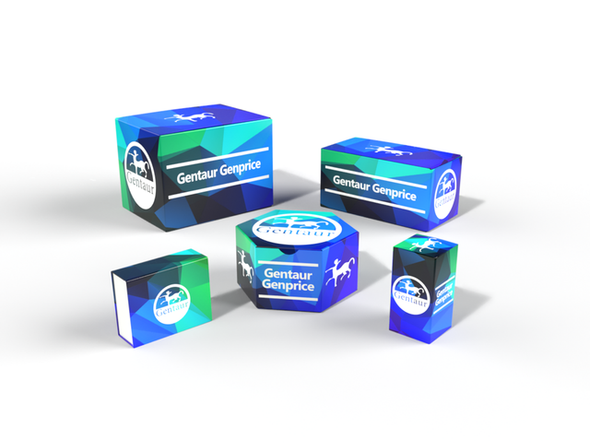451 Recombinant Proteins and Cell culture
Transthyretin 39-44, amyloid specific (mouse monoclonal) | AS16 3112
- SKU:
- 451-AS16 3112
- Availability:
- Usually ships in 5 working days
Description
Transthyretin 39-44, amyloid specific (mouse monoclonal) | AS16 3112 | Gentaur UK, US & Europe Distribution
Immunogen: Full length variant TTR,
Host: Mouse
Conjugation: N/A
Clonality: Monoclonal
Isotype: IgG
Purity: Affinity purified in PBS pH 7.4.
Format: Lyophilized
Tested Application: ELISA (ELISA), Immunohistochemistry (IHC), Western blot (WB)
Related Products: AS16 3113 | Mouse IgG anti-transthyretin 56-61 (amyloid specific), mouse monoclonal antibodies
Recommended Dilutions: 5 µg/ml (ELISA), 2 µg/ml (WB), 5 µg/ml (IHC)
Molecular weight: N/A
Confirmed Reactivity: Human
Predicted Reactivity: N/A
Not reactive in: No confirmed exceptions from predicted reactivity are currently known
Additional Information: N/A
Background: Transthyretin is a carrier protein in plasma of the thyroid hormone. This protein forms a complex with retinol-binding protein and it has the capability of forming amyloid fibrils. 25% of individuals older than 80 years are affected by senile systemic amyloidosis and most cases of TTR-associated amyloidosis are linked to point mutations. A substitution of valine for methionine at position 30 of the 127-aa-long polypeptide is one of the most common forms, leading to many symptoms in the peripheral nervous system, a familial amyloidosis with polyneuropathy.This monoclonal IgG1 antibody is amyloid specific for human Transthyretin. Detects the N-terminal fragment TTR-1-48 frequently formed in vivo.
Reconstitution: For reconstitution add 100 µl of sterile water
Storage: For short time storage please add sodium azide and srote at +4°C.For long time storage store lyophilized/reconstituted at -20°C; once reconstituted make aliquots to avoid repeated freeze-thaw cycles. Please remember to spin the tubes briefly prior to opening them to avoid any losses that might occur from material adhering to the cap or sides of the tube.
TAIR Nnumbre: N/A
Category: Alzheimer's disease
Research Area: Pathology, Alzheimer's disease

